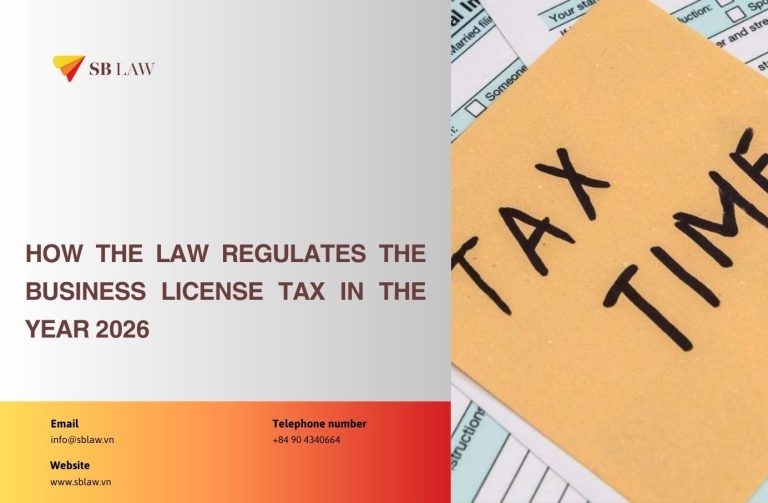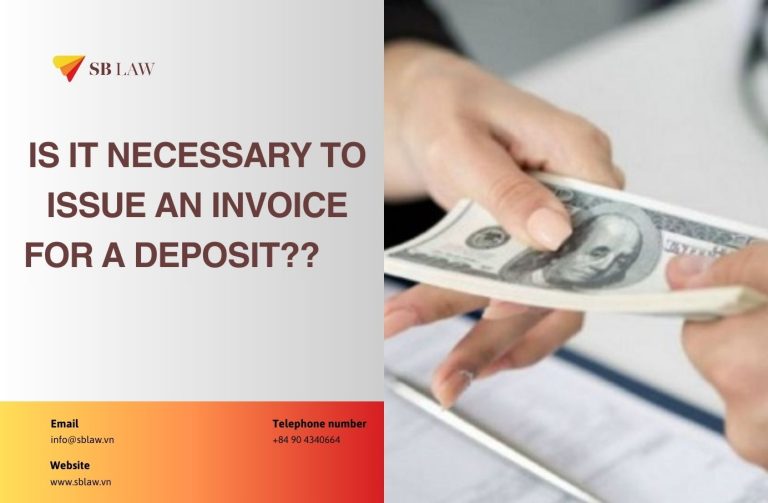Question:
Our company intends to establish a company in the United States and assign employees from Vietnam to work at the newly established entity. Kindly advise us on the legal procedures and requirements that must be fulfilled both in the United States and in Vietnam in order to achieve this objective.
Answer
- Establishing a Company in the United States:
A Vietnamese enterprise may consider establishing a company in the State of Delaware, USA. The process of establishing a company in the U.S. typically takes about one (01) week. Delaware is considered one of the most business-friendly jurisdictions with a legal system that strongly protects corporate interests in the event of disputes, particularly those involving consumers.
However, one notable drawback is the relatively high franchise tax in Delaware. This tax is calculated based on the par value and number of issued shares. Unlike in Vietnam, there is no legal requirement in the U.S. to publicly declare charter capital. Therefore, companies often register only a symbolic amount of capital, with a nominal par value of USD 1 per share.
- Procedures for Overseas Investment:
The establishment of a company abroad by a Vietnamese individual or enterprise is considered a form of direct outbound investment and is subject to procedures for obtaining an Outbound Investment Registration Certificate (IRC) from the Ministry of Planning and Investment of Vietnam.
The licensing authority will closely assess the financial capacity of the investor and the feasibility of the proposed project. Consequently, registering an unrealistically low capital amount (e.g., USD 2–3) will not be accepted. On the other hand, registering a high capital amount may lead to a high franchise tax burden in the U.S.
A suitable solution would be for a U.S.-based partner to establish the company first. Subsequently, the Vietnamese enterprise may acquire all or part of the capital contribution after completing the required procedures for outbound investment approval.
- Business Operations in the U.S.:

In the U.S., companies are obligated to pay taxes in the state where business activities are conducted. These include corporate income tax and sales tax (which is similar to value-added tax in Vietnam).
In the case of importing semi-finished products from Vietnam into the U.S., the company will be subject to import duties. If the goods fully meet the origin criteria (C/O) indicating 100% origin from Vietnam, the expected import duty rate would not exceed 20%.
- Sending Vietnamese Employees to Work in the U.S.:
The company may choose one of the following two approaches:
- Option 1: The Vietnamese company signs a direct labor contract with the employee and carries out the necessary procedures to send the employee abroad for work. In this case, the company must report to the Ministry of Home Affairs before dispatching the employee for apprenticeship, internship, or to perform a licensed project/contract abroad.
- Option 2: The company obtains a license to operate in the field of labor export and directly recruits and dispatches workers to foreign countries.
Both options involve legal risks and are subject to strict regulatory requirements. Therefore, the optimal approach is to cooperate with a service provider already licensed in labor export activities. This allows the enterprise to focus on its core business operations while ensuring compliance and minimizing legal risks.
See more at: Foreign investment consulting lawyer service




